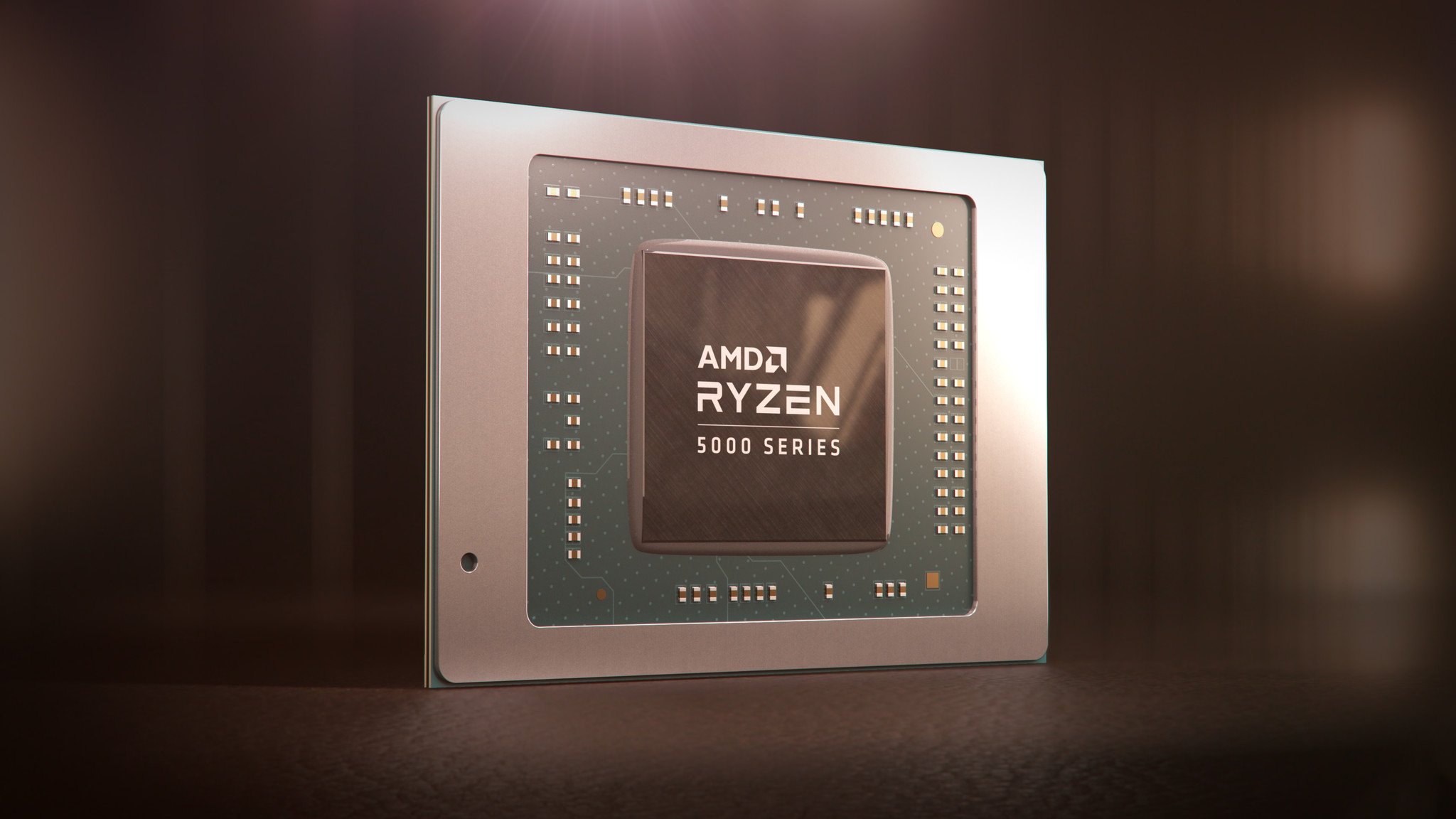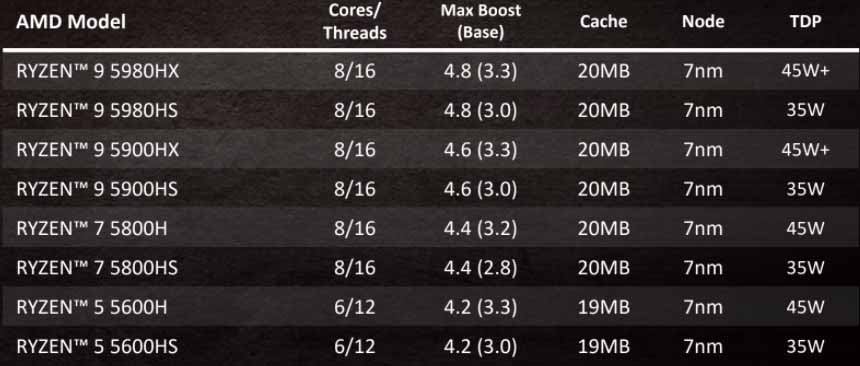AMD's new line of CPUs are built to bring performance for gaming and creating without killing battery life.
What you need to know
- The first laptops with AMD Ryzen 5000 H-Series processors are available starting today.
- The new processors are built on AMD's Zen 3 core architecture.
- ASUS, Acer, HP, Lenovo, and other PC manufacturers have announced laptops with Ryzen 5000 H-Series chips.
The first wave of laptops with AMD's Ryzen 5000 H-Series mobile processors are available starting today. The processors are built on AMD's Zen 3 architecture and are built to deliver solid gaming performance in a portable form factor. Several laptop makers have already announced devices with the new Ryzen 5000 H-Series chips inside, including ASUS, Acer, HP, and Lenovo. Devices from ASUS and Acer with the new chips should be avaialble strarting today, though at the time of publication they haven't appeared yet.
AMD's Ryzen 5000 mobile chips are split into two categories, the H-Series and the U-Series. Today marks the launch of devices with the H-Series chips inside. The H-Series focuses on creators and gamers.
There are eight different Ryzen 5000 H-Series processors. The lineup ranges from the Ryzen 5 5600HS with six cores, 12 threads, and a 35W TDP, up to the extremely powerful Ryzen 9 5980HX with eight cores, 16 threads, and a 45W+ TDP.
According to benchmarks from AMD, the Ryzen 9 5980HS beats out the Intel Core i9-10980HK in Cinebench R20 single- and multi-thread scores. The Ryzen 9 5980HX is unlocked for overclocking and bests the Intel Core -9-10980HK in several tests.
Without having our hands on the new processors from AMD, we can't say for sure how they perform. If they stand up to AMD's claims, they should be able to handle demanding games and creative tasks for a laptop. The Ryzen 9 5980HK is even able to handle 4K games at high settings, according to AMD.
PCMag got their hands on some of the new Ryzen 5000 processors and has some early benchmarks. Early results indicate that they stack up well against their competition from Intel.






0 comments:
Post a Comment